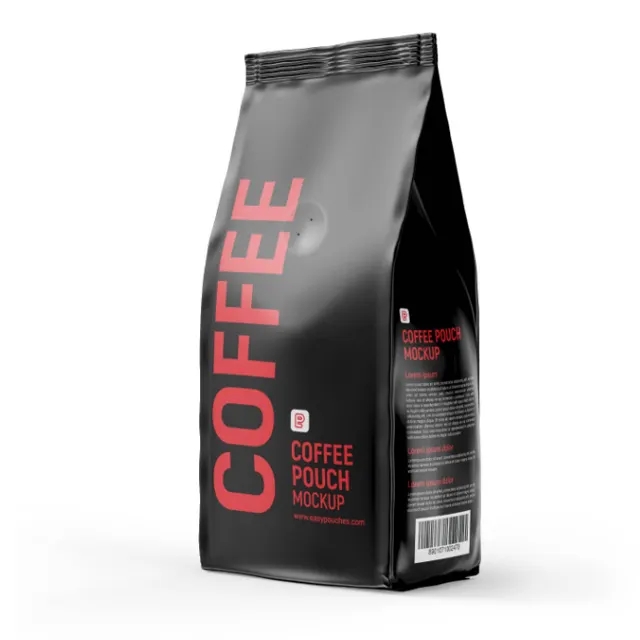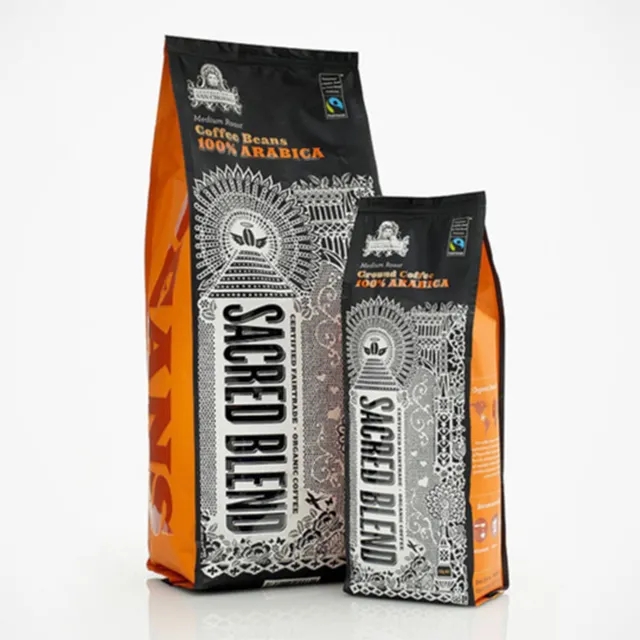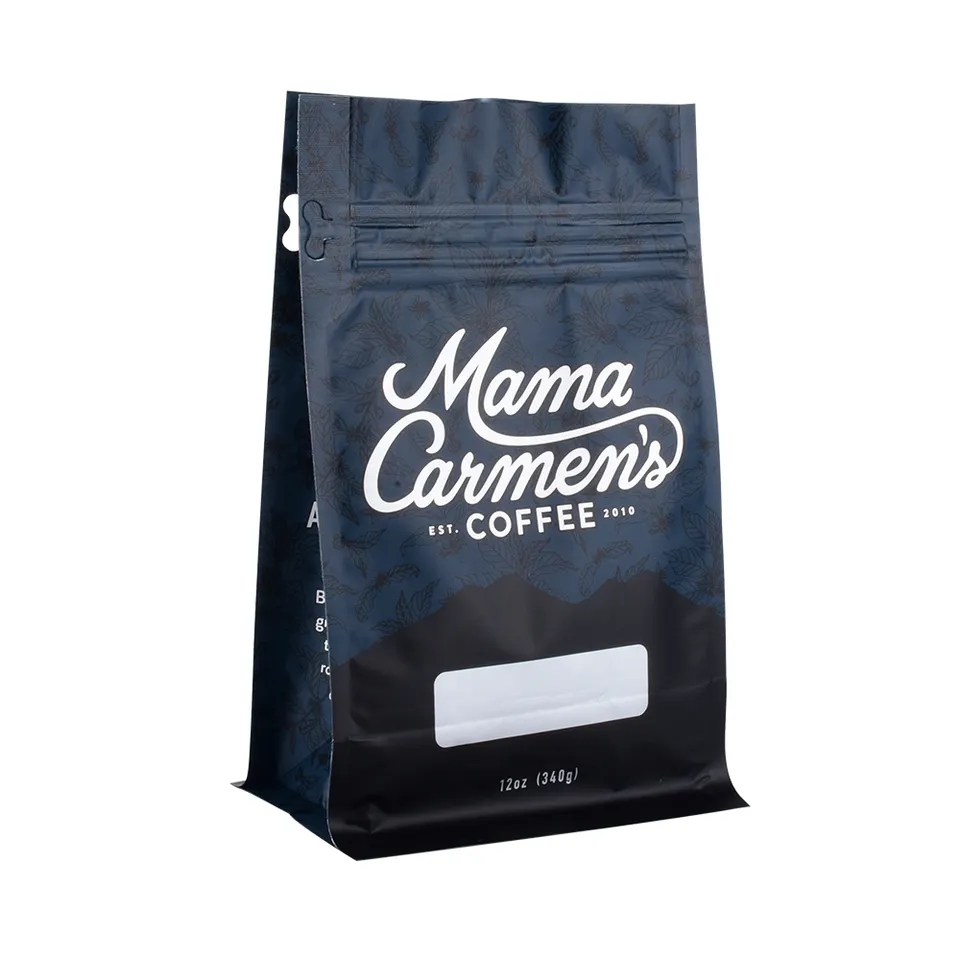Introduction:
In the world of coffee, packaging is an essential aspect that ensures the delivery of fresh and aromatic beans to coffee enthusiasts worldwide. While plastic coffee bags have been a staple for their convenience and preservation capabilities, the environmental impact of traditional plastics has prompted the coffee industry to seek more sustainable alternatives. This article delves into the emerging sustainable alternatives to plastic coffee bags, exploring innovative solutions that balance the need for freshness and convenience with environmental responsibility.
1. Biodegradable Coffee Bags:
Biodegradable coffee bags, crafted from organic materials like cornstarch or sugarcane, present a promising alternative to traditional plastics. These bags break down naturally over time, reducing the burden of plastic waste on the environment. Coffee producers can confidently offer biodegradable coffee bags to environmentally conscious consumers who seek eco-friendly choices without compromising on freshness.
2. Compostable Coffee Bags:
Compostable coffee bags provide a circular solution to coffee packaging. Made from plant-based materials, these bags can be discarded with organic waste and transformed into nutrient-rich compost. Compostable coffee bags align with the principles of sustainability, as they close the loop and contribute to a more regenerative and eco-conscious coffee industry.
3. Recycled Plastic Coffee Bags:
Coffee producers are exploring the use of recycled plastics for coffee packaging. By utilizing post-consumer recycled materials, plastic coffee bags can play a role in reducing plastic waste and conserving natural resources. Encouraging consumers to participate in recycling programs reinforces the circular economy and promotes a more sustainable coffee culture.
4. Innovative Bioplastics:
The advancement of technology has led to the development of innovative bioplastics for coffee packaging:
a) PHA (Polyhydroxyalkanoates) Coffee Bags: PHA is a biodegradable bioplastic made from renewable resources. PHA coffee bags provide a viable alternative to traditional plastics, offering similar preservation capabilities while being eco-friendly.
b) PVOH (Polyvinyl Alcohol) Coffee Bags: PVOH is a water-soluble bioplastic suitable for single-serve coffee applications. These bags dissolve in hot water, eliminating the need for disposal and reducing environmental impact.
5. Paper-Based Coffee Bags:
Paper-based coffee bags are another eco-friendly option gaining traction:
a) Recyclable Paper Bags: Recyclable paper coffee bags are biodegradable and recyclable, contributing to the reduction of plastic waste in the environment.
b) Composite Paper Bags: Composite paper coffee bags may have a thin inner plastic layer to preserve freshness, but they are predominantly made from paper, offering a balance between convenience and sustainability.
Conclusion:
The shift towards sustainable alternatives for plastic coffee bags reflects the coffee industry’s commitment to environmental responsibility. Biodegradable, compostable, and recycled plastics, along with innovative bioplastics and paper-based options, present a diverse range of eco-friendly solutions. Embracing these sustainable alternatives enables coffee producers to cater to the growing demand for environmentally conscious products while delivering the freshness and convenience that coffee enthusiasts expect. As the coffee industry embraces sustainable practices, it plays a vital role in fostering a greener tomorrow, where the love for coffee goes hand in hand with a profound respect for the planet. By choosing sustainable coffee packaging, the industry can inspire a more eco-conscious coffee culture that cherishes both the art of brewing and the preservation of our environment for generations to come.


